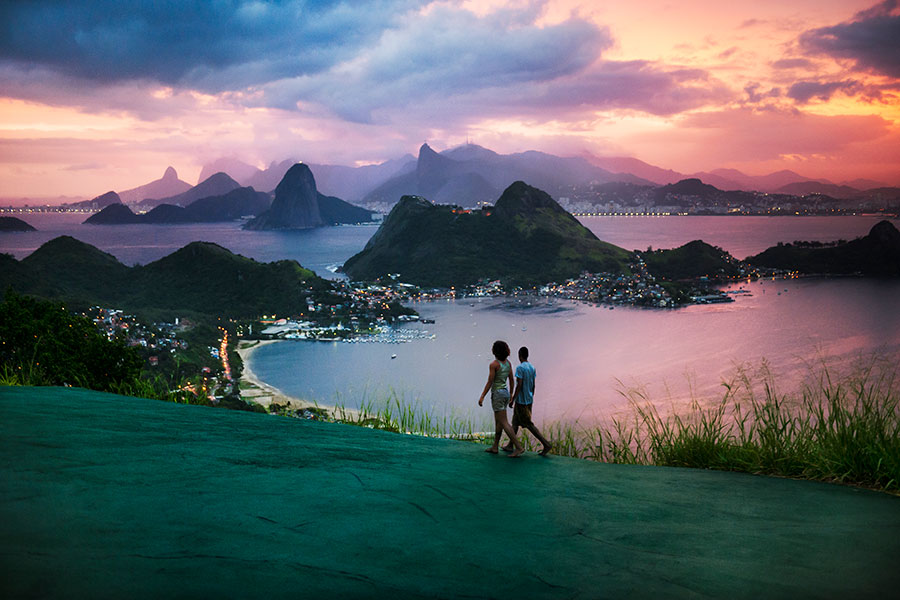Portuguese colonization began in Northeastern Brazil after Pedro Álvares Cabral’s landing at the end of the fifteenth century. Brazil was given to Portugal as part of the Treaty of Tordesillas in 1494 and began to establish plantations bringing slaves from Africa thereafter. In 1808 Rio de Janeiro became the home of the Portuguese royalty but by 1822 Brazil proclaimed its independence. Brazil is bordered by the countries of Argentina, Bolivia, Colombia, French Guiana, Guyana, Paraguay, Peru, Suriname, Uruguay and Venezuela and contains two of the world's fifteen largest cities: Sao Paulo and Rio de Janeiro.
Like in most of South America Brazil’s urbanization rate has decreased as cities in the region have matured. Brazil’s rate of urbanization decreased 4.8 percent from being being 5.6 between 1950-1955 to 1.52 percent between 2005-2010. Brazil’s average life expectancy is 73 years, with a steady increase over the past 20 years, according to the World Bank. An increase in contraceptive use, economic stagnation, and the diffusion of global ideas through television have all been contributing factors in the significantly decrease in birth rates over the last 20 years as well.








